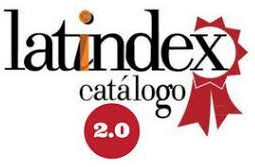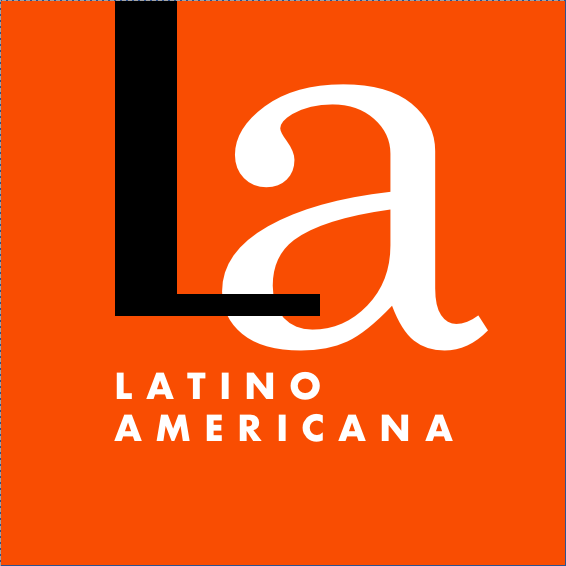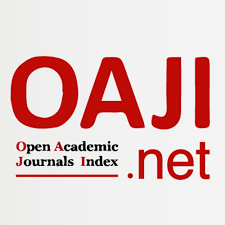A Diplomat in War: Augusto de Vasconcelos' perceptions in the Portuguese Legations in Madrid and London and in the Peace Conference, between neutrality and Portuguese participation in the conflict (1914-1920)
Abstract
The present analysis focuses on the readings of the former Plenipotentiary Portuguese Minister, Augusto de Vasconcelos – Portuguese Minister who went for republicanism at the end of the 19th century, being later a faithful supporter of the League of Nations, fighting for the Organization until its end on the international scene in the post-World War II – and that in the Legations of Portugal in Madrid and London observed and made considerations about the country’s participation in the conflict on the occasions of its presence: on the war stage from 1916 and at the previous moment that divided Portugal between neutrality and the need to ensure the presence of the Republic in the Great War as an opportunity for participation in the negotiations that would follow in the Peace Conference, an idea that did not escape the perceptions of the minister. Thus, aiming to present the notion of war from the diplomatic point of view, through the backstage of the conflict, we highlight the thought and action of one of the faces of international diplomacy of the twentieth century: through the exchange of correspondence between legations and consulates, Portugal in Madrid, through Augusto de Vasconcelos, shaped his presence in the war in order to approach Spain, understanding the conflict along the lines of the Portuguese Minister, as a decisive moment to strengthen multilateral ties with a view to the subsequent conjuncture, where Latin America would, in his view, play a central role.Downloads
References
Cruz, D. I. (2009). Estratégia Portuguesa na Conferência de Paz 1918-1919 – As Actas da Delegação Portuguesa. Fundação Luso-Americana.
Duroselle, J.-B. (2001). História Das Relações Internacionais de 1919 a 1945 (Tomo I). Edições Texto & Grafia, Lda.
MacMillan, M. (2014). A Guerra Que Acabou Com A Paz – Como a Europa Trocou a Paz pela Primeira Guerra Mundial. Círculos de Leitores – Temas e Debates.
Medeiros Ferreira, J. (2015). A República Corrigida e Aumentada. Edições 70.
Meireles Pereira, C. e Ribeiro, C. (2021). Augusto César de Almeida de Vasconcelos Correia en F. de Sousa, et al. (coord.), Os Primeiros-Ministros de Portugal 1820-2020. Vol. II., (130-149). Imprensa Nacional-Casa da Moeda.
Milza, P. (2007). As Relações Internacionais de 1918 a 1939. Edições 70.
Ribeiro de Meneses, F. (2015). A Grande Guerra de Afonso Costa. Publicações Dom Quixote.
Telo, A. J. e Torre Gómez, H. de la (2000). Portugal e Espanha Nos Sistemas Internacionais Contemporâneos. Edições Cosmos.
Torre Gómez, H. de la (1980). Na Encruzilhada da Grande Guerra, Portugal-Espanha 1913-1919. Editorial Estampa.
Copyright (c) 2023 Soraia Milene Carvalho

This work is licensed under a Creative Commons Attribution-NonCommercial 4.0 International License.

Historia & Guerra uses an international license Attribution-NonCommercial 4.0 International (CC BY-NC 4.0).
You are free to:
- Share — copy and redistribute the material in any medium or format.
- Adapt — remix, transform, and build upon the material.
- The licensor cannot revoke these freedoms as long as you follow the license terms..
Under the following terms:
Attribution — You must give appropriate credit, provide a link to the license, and indicate if changes were made. You may do so in any reasonable manner, but not in any way that suggests the licensor endorses you or your use.
NonCommercial — You may not use the material for commercial purposes.
No additional restrictions — You may not apply legal terms or technological measures that legally restrict others from doing anything the license permits.
Notices:
You do not have to comply with the license for elements of the material in the public domain or where your use is permitted by an applicable exception or limitation.
No warranties are given. The license may not give you all of the permissions necessary for your intended use. For example, other rights such as publicity, privacy, or moral rights may limit how you use the material.
The author retains all rights to his work without restriction and grants Historia & Guerra the right to be the first publication of the work. Likewise, the author may establish additional agreements for the non-exclusive distribution of the version of the work published in the Journal (for example, placing it in an institutional repository or publishing it in a book), with the acknowledgment of having been first published in this journal. Use of the work for commercial purposes is not permitted.
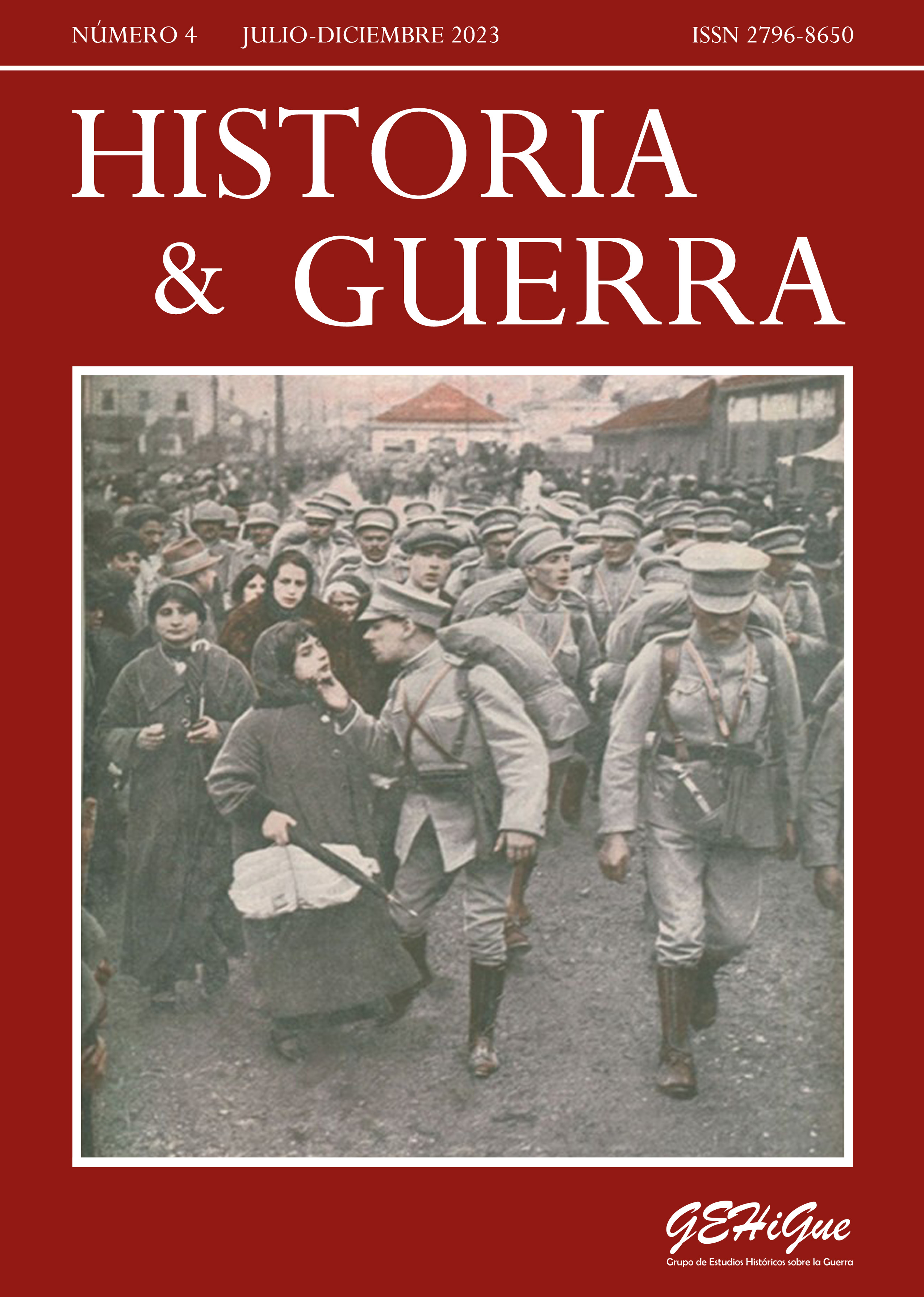

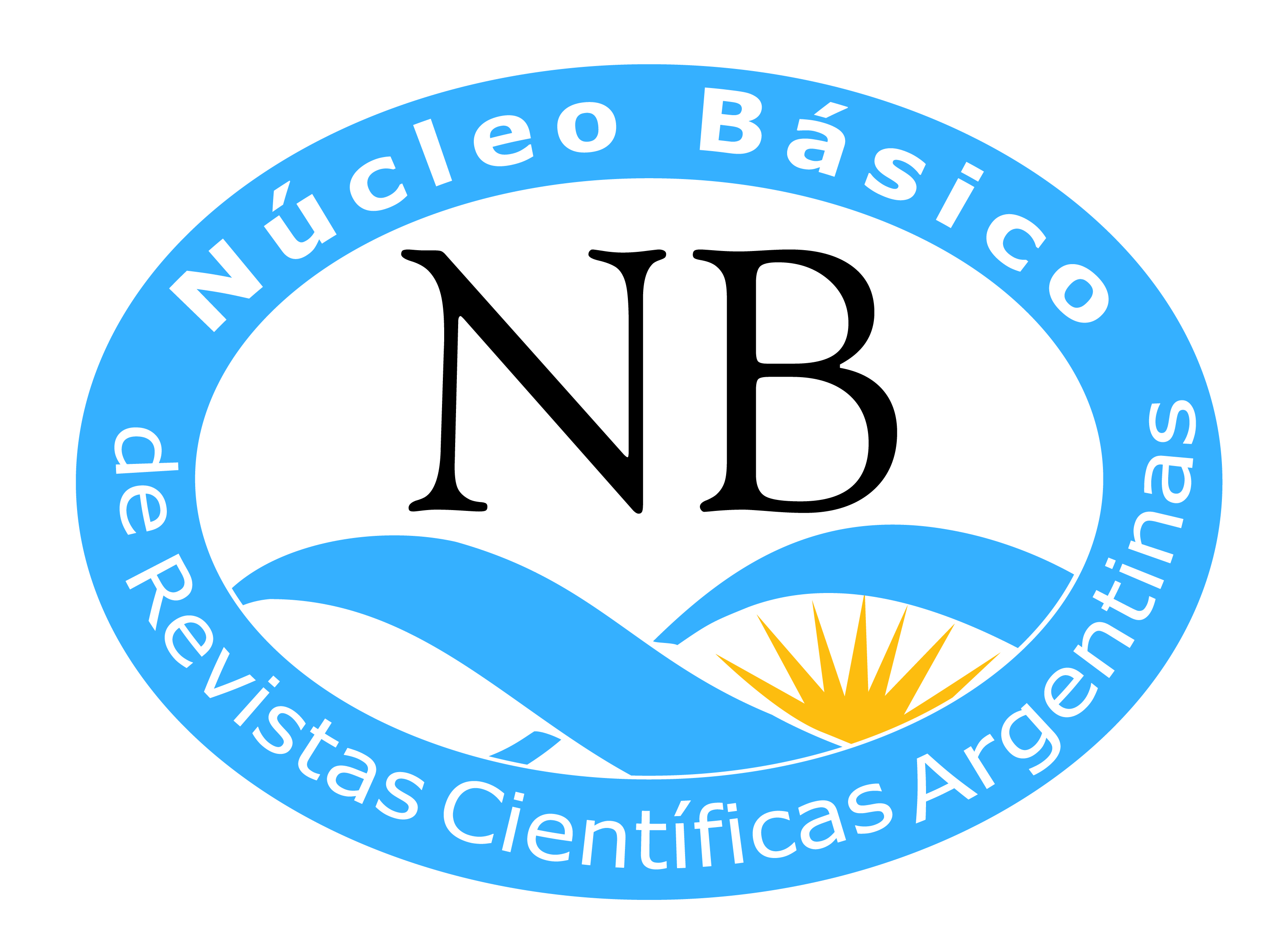




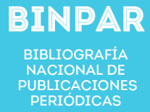






.jpg)


